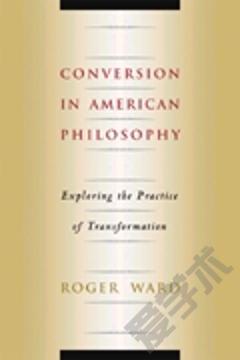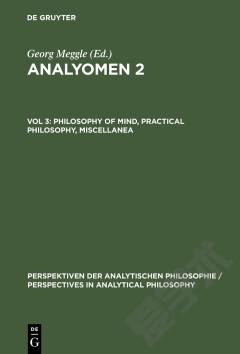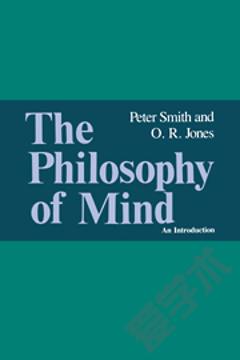Transformations of Mind: Philosophy as Spiritual Practice
The book offers a conception of philosophy as a form of self-enquiry which begins not in reflection, but in silence and meditation, conceived as conditions for the emergence and cessation of contending states of mind which influence perception and action. The philosopher thus becomes a kind of cartographer of a shifting interior landscape. This underlying perspective explains the personal nature of the writing and its mixing of genres. The book draws on both the Greek and Buddhist traditions, recognising that it is time for Western thinkers to acknowledge and respond to an intercultural canon. It aims to integrate ethics and a non-theistic philosophy of religion through the medium of aesthetics, mapping Buddhist 'mindfulness' and the Greek virtues and vices of temperance and licentiousness, continence and incontinence, onto an account of the development of moral sentiments and their relation to practical judgement in the context of oppressive political and social realities.
{{comment.content}}








 京公网安备 11010802027623号
京公网安备 11010802027623号